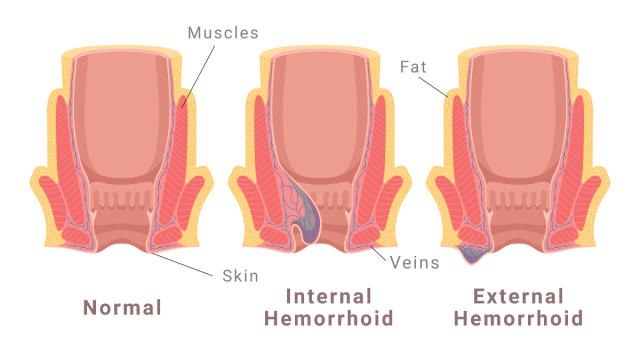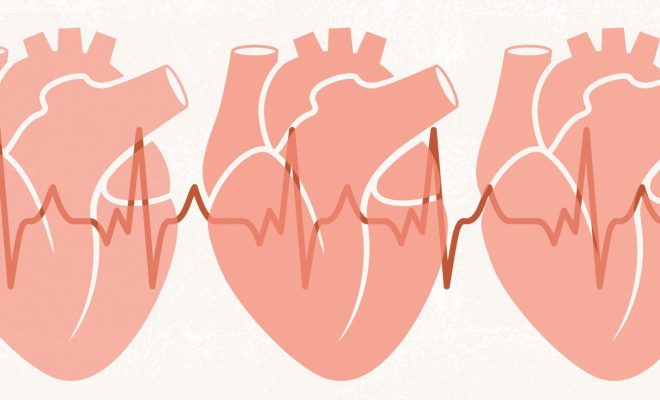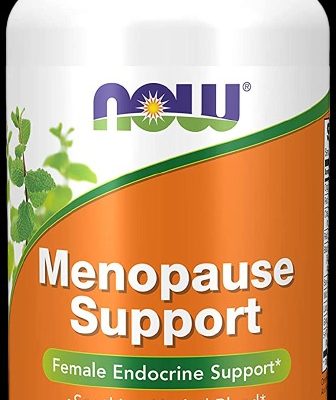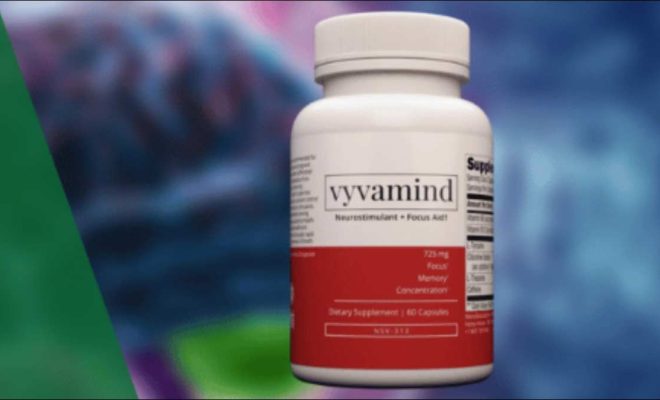Doctors Reveal Why Hemorrhoids Itch + The 3 Best Ways To Get Relief At Home

Hemorrhoids, a condition that affects millions annually, are not only uncomfortable but also can lead to an intense itching sensation. This relentless itch is medically referred to as pruritus ani and is a common symptom of both internal and external hemorrhoids. But why exactly do hemorrhoids itch? Doctors say there are a couple of factors at play.
Firstly, the swelling of veins in the rectal and anal areas, typical in hemorrhoid sufferers, often leads to irritation and inflammation. This inflammation can disturb the delicate skin around the anus, which is rich in nerve endings, leading to an itchy sensation. Secondly, discharge or seepage from the inflamed area acts as an irritant and exacerbates itching. Finally, residual stool particles trapped by hemorrhoidal protrusions can also irritate the skin.
If you’re struggling with hemorrhoid-induced itchiness, fret not – there is hope for relief outside of a doctor’s office. Here are three at-home methods that can offer respite:
1. Sitz Baths – One of the simplest and most effective ways to soothe itching is by taking frequent sitz baths. Soaking your bottom in warm water for about 10-15 minutes, several times a day, especially after bowel movements, can reduce swelling and calm irritation.
2. Over-the-Counter Creams – Various creams and ointments available over-the-counter are formulated to treat hemorrhoidal itch. Look for products containing hydrocortisone or witch hazel for their anti-inflammatory properties.
3. Hygiene and Moisture Control – Keeping the anal area dry and clean plays a crucial role in reducing itchiness. After using the bathroom, opting for moist wipes instead of dry toilet paper can prevent further irritation. Applying talcum powder or wearing loose-fitting clothes also minimizes moisture build-up that can lead to further discomfort and itching.
While these methods can provide some relief at home, it’s important to consult with healthcare professionals for persistent symptoms or severe cases of hemorrhoids.
Remember: this information is not a substitute for professional medical advice, diagnosis, or treatment; always seek advice from your physician or other qualified health provider with any questions regarding a medical condition.






